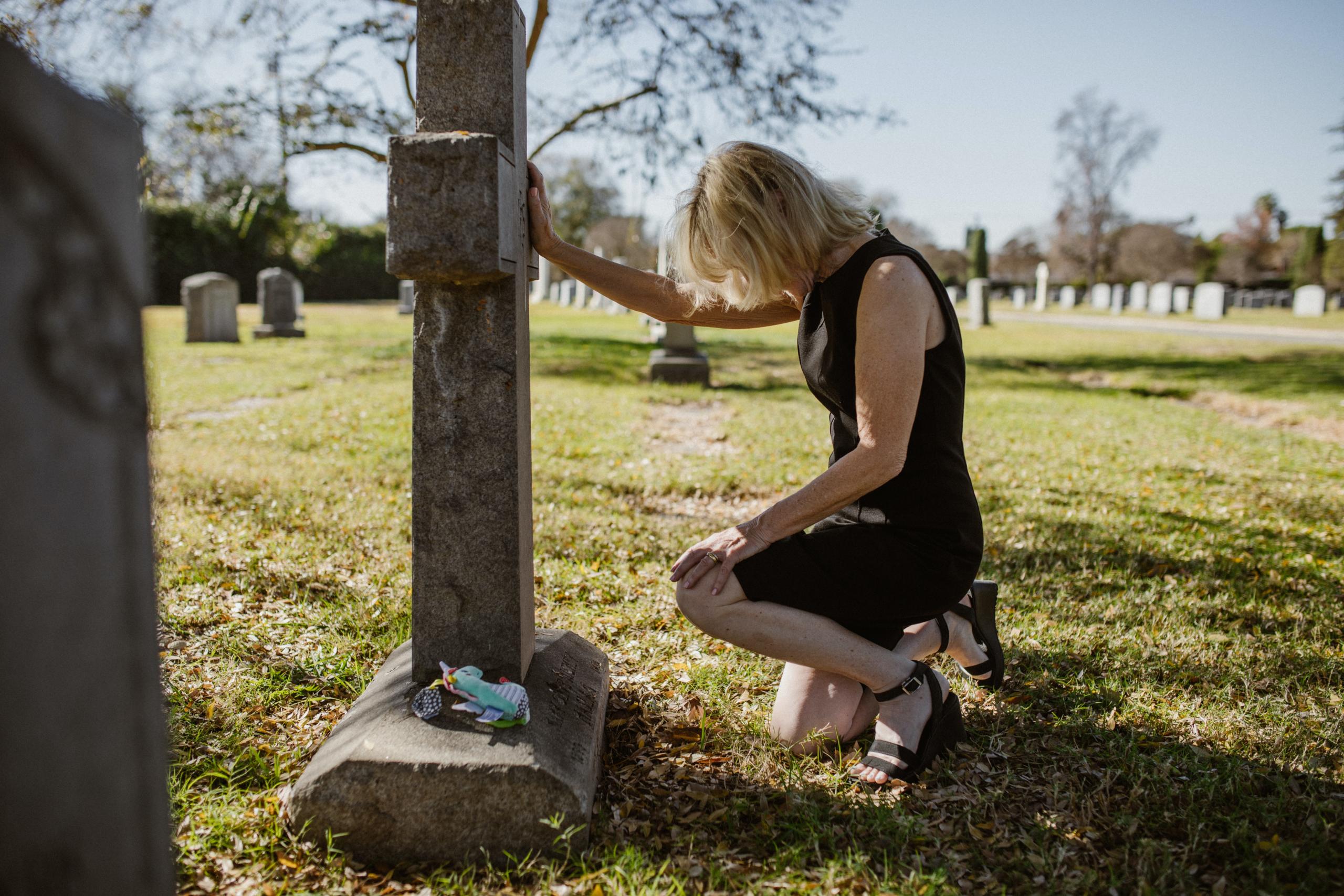
In the aftermath of losing a loved one due to someone else’s negligence or wrongdoing, the emotional toll can be overwhelming. While grappling with grief, families may also face financial burdens and the complex process of pursuing a wrongful death claim. Understanding the statute of limitations for such claims is crucial, as it determines the time frame within which legal action must be initiated. Missing this window can mean losing the right to seek justice and compensation. In this article, we’ll delve into the statute of limitations for wrongful death claims and why timing is a critical factor.
What is a Wrongful Death Claim?
A wrongful death claim arises when an individual dies due to the negligence, recklessness, or intentional actions of another party. These claims are typically filed by the deceased person’s family members or estate, seeking compensation for their losses. Common scenarios that may lead to wrongful death claims include car accidents, medical malpractice, workplace accidents, or defective products.
Understanding the Statute of Limitations
The statute of limitations is a legal deadline that dictates how long you have to file a lawsuit. It varies by state and the type of claim being filed. For wrongful death claims, the statute of limitations usually ranges from one to three years from the date of the deceased person’s death. However, this timeline can differ based on specific state laws and circumstances of the case.
Importance of Timing
Filing a wrongful death claim within the statute of limitations is imperative. If the deadline passes without initiating legal action, the court will likely dismiss the case, and the right to compensation will be forfeited. Understanding and adhering to this timeline ensures that the case can proceed, allowing families to seek justice and financial relief.
Factors Influencing the Statute of Limitations
Several factors can affect the statute of limitations for wrongful death claims:
State Laws
Each state has its own laws governing the statute of limitations for wrongful death claims. It’s essential to consult with a legal professional familiar with the specific regulations in your state to ensure compliance with the deadlines.
Discovery Rule
In some cases, the statute of limitations may be extended under the discovery rule. This rule applies when the cause of death was not immediately apparent, and the family discovers new information about the wrongful act that led to their loved one’s death. The time frame for filing a claim may begin from the date of this discovery rather than the date of death.
Tolling Provisions
Certain circumstances may pause or “toll” the statute of limitations, effectively extending the filing deadline. Examples include if the responsible party leaves the state, if the claimant is a minor, or if the deceased person’s estate is not immediately established.
Steps to Take Within the Statute of Limitations
To ensure your wrongful death claim is filed within the statute of limitations, consider the following steps:
Consult with an Attorney
Engaging a knowledgeable attorney is crucial in navigating the complexities of a wrongful death claim. An experienced lawyer can provide guidance on the applicable statute of limitations, advise on the strength of your case, and handle the legal proceedings on your behalf.
Gather Evidence
Collecting evidence is essential to substantiate your wrongful death claim. This includes medical records, accident reports, eyewitness testimonies, and any other documentation relevant to the case. Promptly gathering this information can strengthen your claim and facilitate the legal process.
File the Claim
Once you have consulted with an attorney and gathered the necessary evidence, proceed with filing the wrongful death claim in the appropriate court. Doing so within the designated timeframe ensures that your case will be heard and considered by the court.
Consequences of Missing the Statute of Limitations
Failing to file a wrongful death claim within the statute of limitations can have severe consequences:
Loss of Legal Rights
The primary consequence of missing the statute of limitations is the loss of the right to pursue a wrongful death lawsuit. Once the deadline passes, the court is likely to dismiss the case, leaving the family without legal recourse.
Financial Implications
Without the ability to file a claim, families may struggle with financial burdens stemming from medical bills, funeral costs, and lost income. Securing compensation through a wrongful death claim can provide crucial financial support during a difficult time.
Emotional Impact
The inability to seek justice and hold the responsible party accountable can exacerbate the emotional distress experienced by the deceased person’s family. A wrongful death claim offers a sense of closure and validation for the family’s loss.
Conclusion
The statute of limitations plays a pivotal role in wrongful death claims, determining the timeframe for legal action. By understanding and adhering to this deadline, families can ensure their right to seek justice and compensation is preserved. Consulting with an experienced attorney, gathering evidence promptly, and filing the claim within the designated timeframe are essential steps in pursuing a wrongful death claim. If you are facing the tragic loss of a loved one due to another’s negligence, take action within the statute of limitations to protect your legal rights and secure the compensation your family deserves.
Contact 612-Injured Today
If you or your loved ones are facing the aftermath of a wrongful death, don’t navigate this challenging time alone. Reach out to the experienced team at 612-Injured, Minnesota’s trusted personal injury attorneys. Our skilled professionals are here to guide you through every step of the legal process, ensuring your rights are protected and you receive the justice and compensation you deserve. Contact us today to schedule a consultation and take the first step towards securing your family’s future. Call 612-Injured now.


